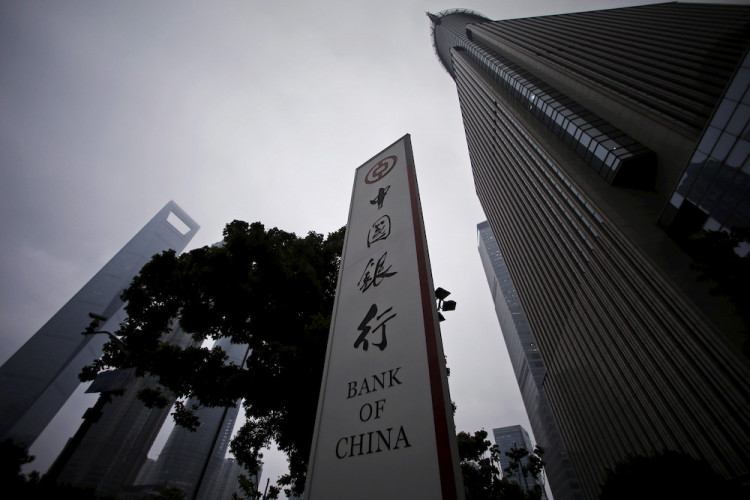Reuters - Asia stock indexes dropped Monday as market participants considered the implications of a surprise shift last week to a possible increase of interest rates by the U.S. Federal Reserve. The Treasury yield curve flattened further with 30-year yields dropping below 2%.
Japan's benchmark Nikkei average was last down 4.03% to 27,797.19 Monday, while the broader Topix shed 2.89% to 1,890.34. The Nikkei was below 28,000 for the first time in a month. MSCI's broadest index of Asia-Pacific shares outside Japan fell 1% in early trading.
China blue chips opened 0.4% lower and Australia's benchmark slid 1.8%.
Benchmark 10-year U.S. Treasury yields fell to the lowest since early March at 1.411%, while those on 30-year bonds slid as low as 1.999% for the first time in more than four months.
The yield curve - measured by the spread between two- and 30-year yields - was the flattest since early February.
The U.S. dollar remained near a 10-week high from Friday compared with its basket of comparative currencies following its biggest weekly advance in more than a year.
"The story of last week was arguably the one-way move in the dollar, which morphed into a clear de-grossing through equity markets, with the 'value' parts of the market really getting clobbered," Melbourne-based foreign exchange broker Pepperstone Markets Ltd.'s head of research Chris Weston said.
"It feels that the pain trade is for further strength in the dollar, higher real rates and a flatter Treasury curve, with the market continuing to see the reflation trades unwound."
Shares of banks, energy companies and other companies that tend to be sensitive to the economy's fluctuations have fallen following the Federal Reserve's meeting Wednesday when the central bank caught market participants off guard by anticipating two quarter-percentage-point rate increases in 2023 amid a recent surge in inflation.
St. Louis Fed President James Bullard further fueled the selling Friday by saying the shift toward faster policy tightening was a "natural" response to economic growth and particularly inflation moving quicker than expected as the country reopens from the coronavirus pandemic.
Several Fed officials have speaking duties this week, including chairperson Jerome Powell, who testifies before Congress Tuesday.
The MSCI world equity index, which tracks shares in 45 nations, fell another 0.2% Monday, extending its retreat from a record intraday high reached Tuesday.
U.S. stock futures pointed to further selling when Wall Street reopens, easing 0.2% after Friday's 1.3% slide in the S&P 500.
In commodities, gold rebounded 0.6% to $1,773.12 an ounce Monday, looking to snap a six-day losing streak, but still remained near the lowest since early May, pressured by a stronger dollar.
Crude oil rose for a second day, with the initial move triggered by The Organization of the Petroleum Exporting Countries sources saying the producer group expected limited U.S. oil output growth this year despite rising prices.
Brent crude futures rose 46 cents to $73.97 a barrel, while U.S. West Texas Intermediate crude rose 55 cents to $72.19 a barrel.






